Several Kenyans reportedly accessed the online court session details and sneaked into the virtual court proceedings, shouting “Adani must go! JKIA is not for sale,” which prompted the judge to intervene.
Despite Justice Mwamunye’s attempts to restore order, his efforts were unsuccessful, leading him to suspend the proceedings. The judge stated that a suitable time to reconvene would be communicated in due course.
“I acknowledge your objections,” the judge stated. “I can’t make this judgment at this time.” Then, the judge adjourned the court session for approximately fifteen minutes.
The court had begun its ruling on the petition before the adjournment. Activist Tony Gachoka and a group of lawyers filed this petition against the Ministry of Treasury and Adani Group Limited.
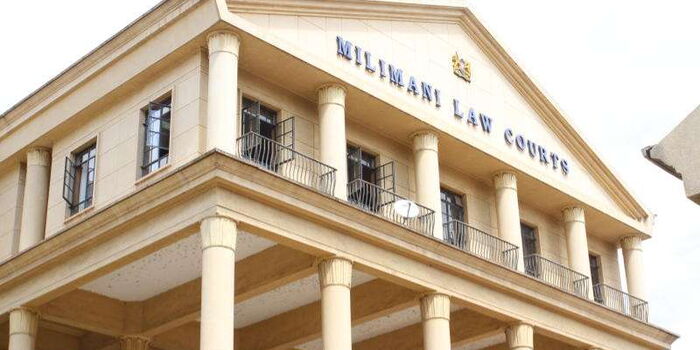
Tony Gachoka submitted a petition to the High Court in September of this year. He did this alongside a group of lawyers. They challenged the government’s decision to lease the Jomo Kenyatta International Airport (JKIA) to the Indian conglomerate.
In his suit, Gachoka argued that the public-private agreement was established without enough involvement from the public. This agreement was made between President William Ruto’s administration and Adani.
The petitioners further contended that the country’s primary airport was the flagship project of the Kenya Airports Authority. They argued that leasing it to an Indian company owned by a private citizen violated the law.
“The airport is a national heritage and a source of pride for the people of Kenya. ” It stands for a national symbol of our sovereignty. It embodies the sacred essence of our nation as articulated in Article I of our Constitution,” Gachoka stated.
In March of this year, Adani Group Limited submitted a proposal to the Kenyan government. They aimed to take over the management and operations of JKIA for thirty years.
The government approved the pertinent aviation policies three months later. This provided Adani Group with the opportunity to expand and renovate the largest airport in the country. The agreement, set to last for thirty years, provoked anger among Kenyans, especially aviation workers who organized demonstrations.
In September, the High Court issued conservatory orders. These orders prevent the government from finalizing a deal with the Adani Group. This will stay until the ongoing case in court is resolved.


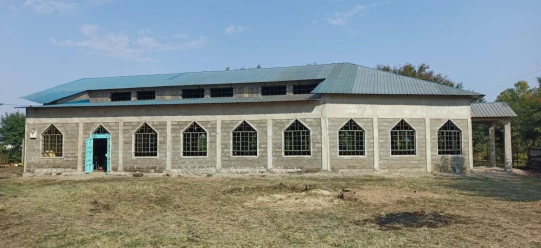

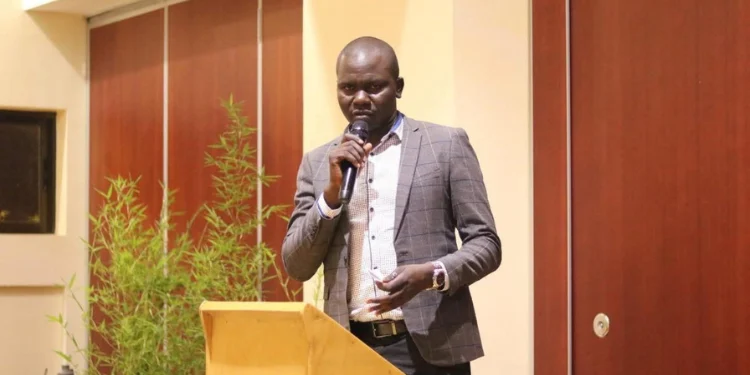
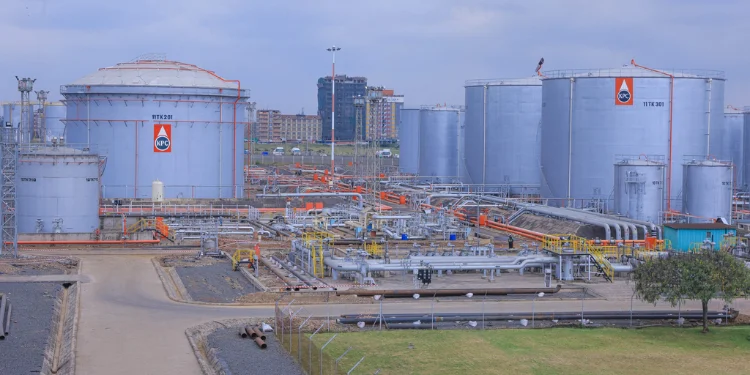

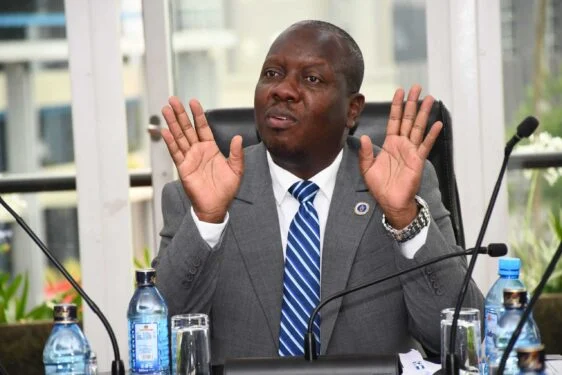



Leave a Reply